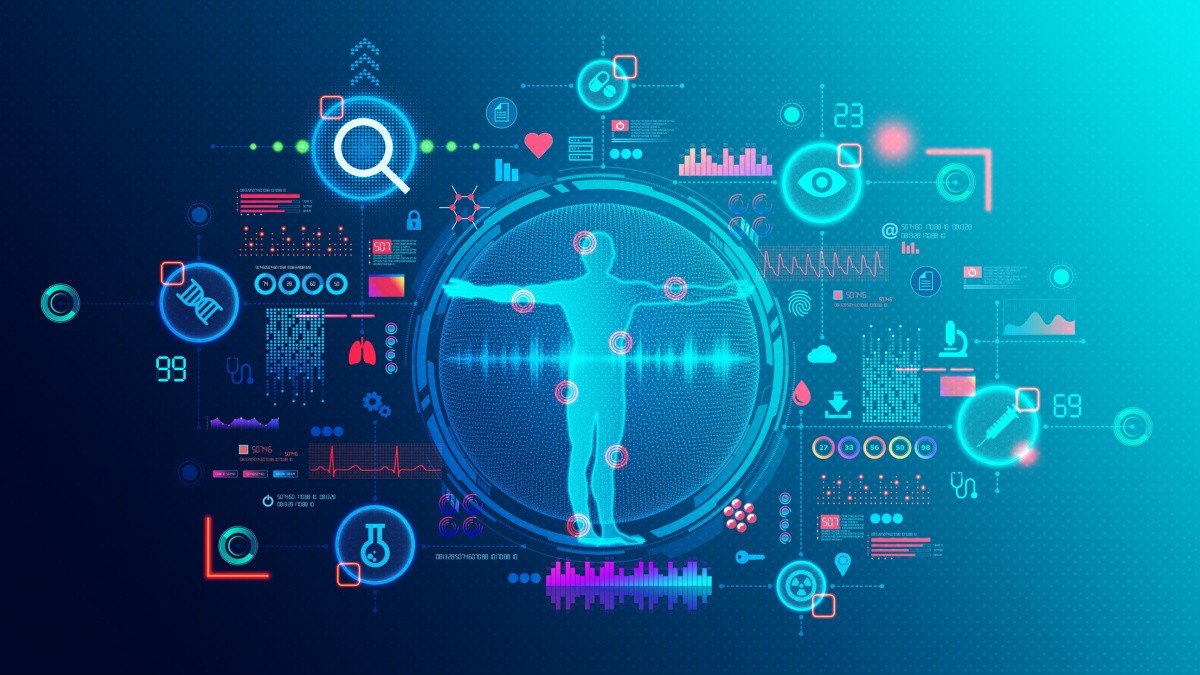The healthcare industry is undergoing a significant transformation, driven by the increasing availability of data and the rapid advancement of technology. Two key elements at the forefront of this change are Real-World Evidence (RWE) and Generative Artificial Intelligence (AI).
Real-World Evidence in Healthcare
Real World Evidence refers to the clinical evidence regarding the usage and potential benefits or risks of a medical product derived from the analysis of real-world data. These data are generated from various sources such as electronic health records, claims and billing activities, and product and disease registries.
RWE provides a more comprehensive view of a patient’s health status, medical history, and treatment outcomes. It allows healthcare providers to make informed decisions based on a wide range of patient experiences in real-world settings, rather than relying solely on controlled clinical trial environments.
Generative AI in Healthcare
Generative AI, on the other hand, is a subset of artificial intelligence that leverages machine learning models to generate new data that mimic the distribution of the original data. In healthcare, generative AI can be used to create synthetic patient data, which can be used for research without compromising patient privacy.
Generative AI can also be used to predict disease progression, personalize treatment plans, and even generate 3D models of organs for surgical planning. The possibilities are vast and continue to grow as the technology evolves.
The Intersection of RWE and Generative AI
The intersection of RWE and Generative AI holds immense potential for healthcare. By combining the comprehensive patient insights provided by RWE with the data generation capabilities of generative AI, healthcare providers can gain a deeper understanding of patient health and disease progression.
This combination can lead to more accurate diagnoses, personalized treatment plans, and improved patient outcomes. For example, a machine learning model could be trained on real-world data to predict the progression of a disease. This model could then generate synthetic data for various scenarios, helping doctors understand how different factors might impact a patient’s health.
Conclusion
The integration of Real-World Evidence and Generative AI in healthcare is still in its early stages, but the potential benefits are clear. As these technologies continue to evolve and mature, they will undoubtedly play a crucial role in shaping the future of healthcare.
By harnessing the power of RWE and Generative AI, healthcare providers can move towards a more data-driven and personalized approach to patient care. While there are still challenges to overcome, the future of healthcare looks promising with these advancements.





